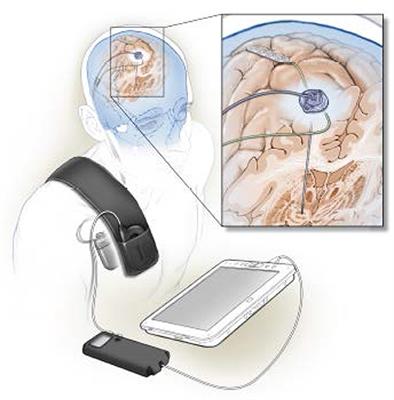ORIGINAL RESEARCH
Published on 16 Jul 2019
Non-motor Brain Regions in Non-dominant Hemisphere Are Influential in Decoding Movement Speed
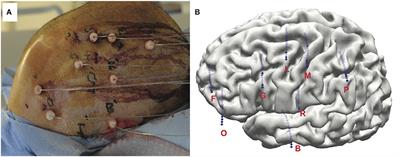
doi 10.3389/fnins.2019.00715
- 2,534 views
- 14 citations
51k
Total downloads
302k
Total views and downloads
You will be redirected to our submission process.
ORIGINAL RESEARCH
Published on 16 Jul 2019

MINI REVIEW
Published on 27 Feb 2019
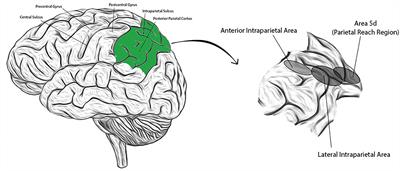
ORIGINAL RESEARCH
Published on 26 Feb 2019
REVIEW
Published on 25 Feb 2019
HYPOTHESIS AND THEORY
Published on 21 Feb 2019
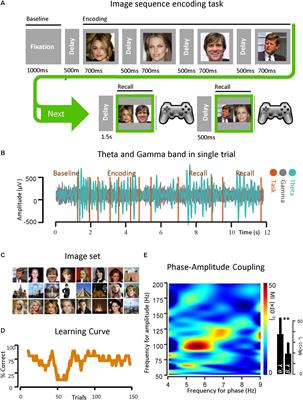
MINI REVIEW
Published on 15 Feb 2019
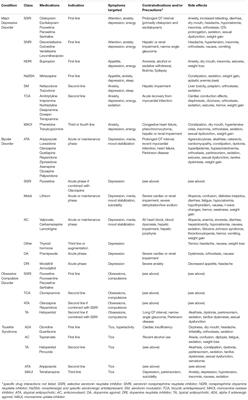
MINI REVIEW
Published on 29 Jan 2019
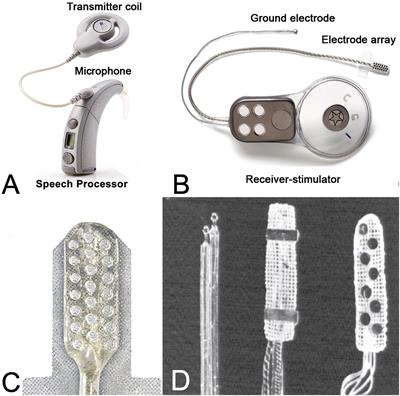
REVIEW
Published on 08 Jan 2019
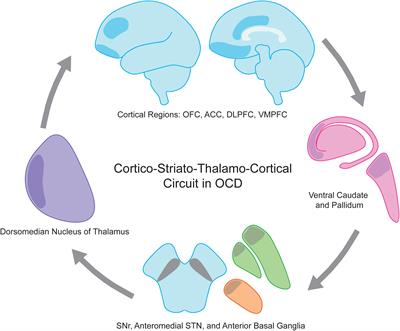
MINI REVIEW
Published on 04 Dec 2018
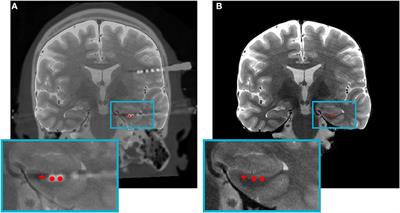
PERSPECTIVE
Published on 01 Nov 2018
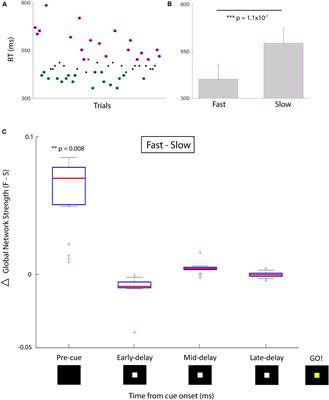
PERSPECTIVE
Published on 23 Oct 2018
MINI REVIEW
Published on 07 Sep 2018
